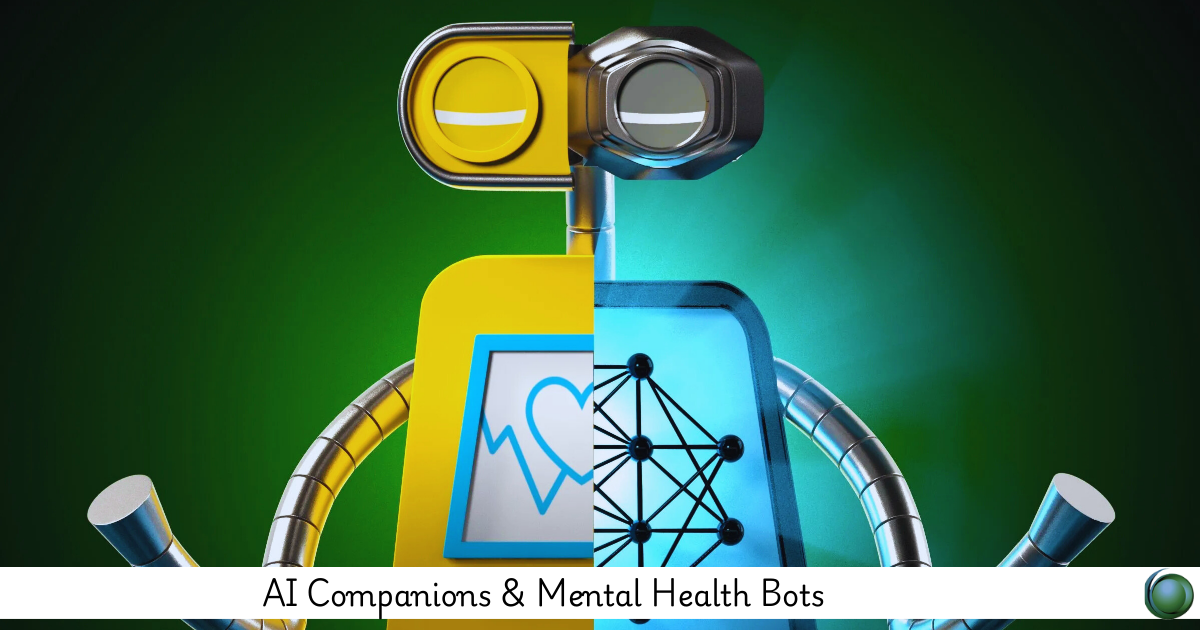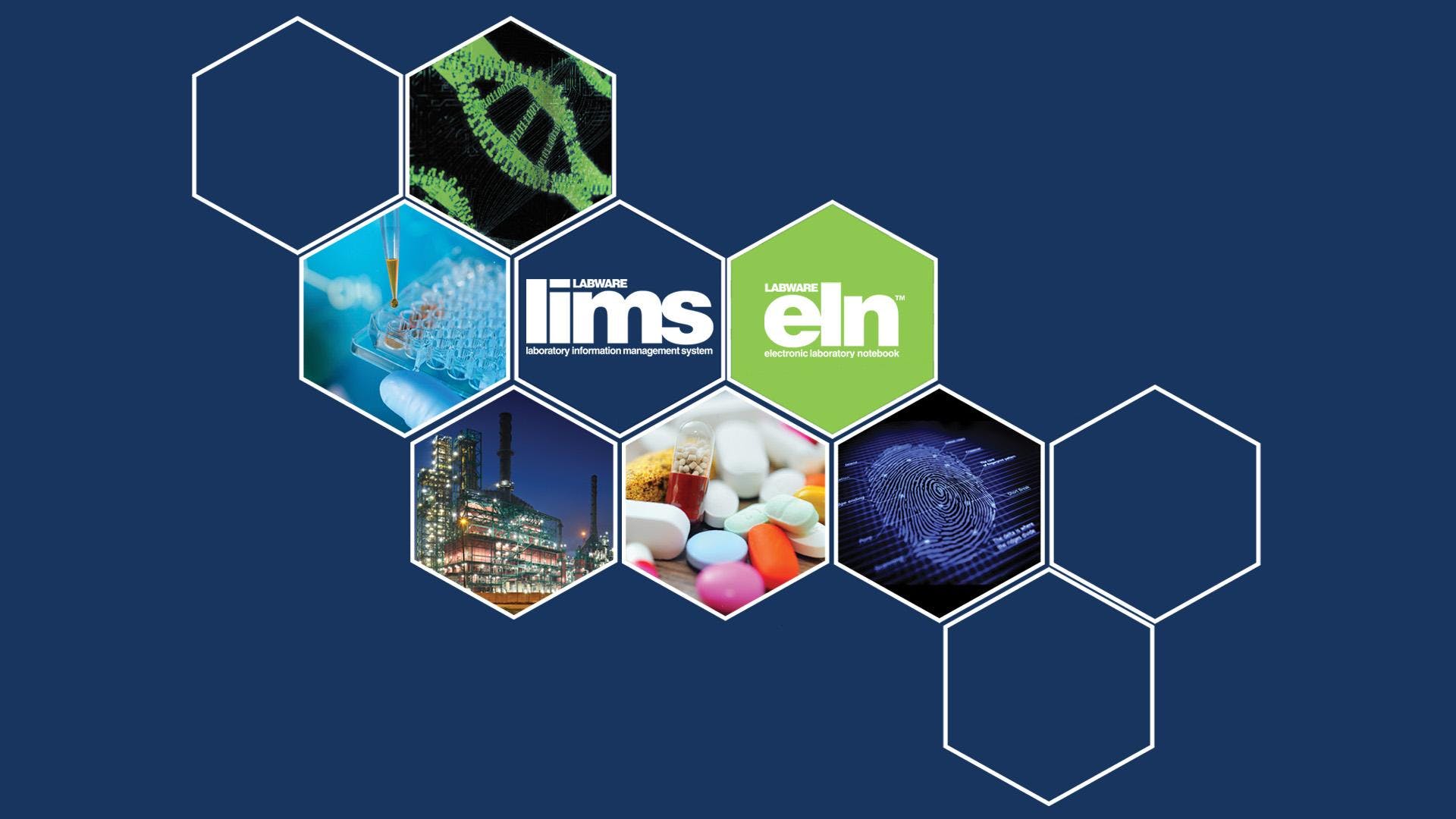Description
Introduction
AI companions and mental health bots are transforming how emotional support, mindfulness, and mental wellness resources are accessed. This course explores how conversational AI is designed for empathetic interactions, mental health support, and building AI companions that genuinely help users feel heard and understood.
Prerequisites
-
Basic understanding of AI and chatbots
-
Familiarity with natural language processing (NLP)
-
Interest in psychology, wellness, or healthcare tech
-
No coding experience required (low-code/no-code options will be discussed)
Table of Contents
1. Foundations of AI Companionship
1.1 Introduction to AI in Mental Wellness
1.2 History of Digital Companions
1.3 Role of AI in Emotional Support
1.4 Benefits and Challenges
1.5 Key Differences: Companionship Bots vs. Therapy Bots
2. Emotional Intelligence in Chatbots
2.1 Understanding Affective Computing
2.2 Recognizing and Classifying Emotions
2.3 Emotion-Aware Interaction Design
2.4 Real-time Mood Detection
2.5 Building Trust and Emotional Safety
3. Conversational Design for Wellness
3.1 Active Listening Patterns
3.2 Encouragement, Reflection, and Validation
3.3 Managing Silence and Pauses
3.4 Creating Comforting Flows
3.5 User Personas and Journey Mapping
4. Therapeutic Models and Techniques
4.1 Integrating CBT Techniques into Bots
4.2 Basics of Mindfulness and Meditation Scripts
4.3 Motivational Interviewing Techniques
4.4 Journaling Prompts and Reflection Modules
4.5 Affirmations and Daily Check-Ins
5. Development Platforms and Architectures
5.1 Building with Rasa, Dialogflow, GPT-based APIs
5.2 Using Emotion Datasets and Pre-trained Models
5.3 Low-Code/No-Code Mental Health Bot Tools
5.4 Backend Architecture & Secure Storage
5.5 Deployment on Mobile, Web, and Messaging Apps
6. AI Safety and Ethics in Mental Health
6.1 Data Privacy & Security in Sensitive Conversations
6.2 Consent and Transparent Communication
6.3 Ethical Limitations of AI Advice
6.4 Crisis Escalation Workflows
6.5 Collaborating with Human Professionals
7. Personalization and Context Awareness
7.1 Daily Routine-Based Custom Responses
7.2 Adaptive Messaging Using Past Interactions
7.3 Memory Retention and Context Carryover
7.4 User-Controlled Personalization Levels
7.5 Feedback Loops for Personal Growth
8. Cross-Domain Integrations
8.1 Integration with Fitness and Sleep Trackers
8.2 Connecting to Journaling or Calendar Apps
8.3 Voice Interface for Accessibility
8.4 Multilingual and Cross-Cultural Adaptations
8.5 Accessibility for Neurodiverse Users
9. Analytics and Continuous Improvement
9.1 Key Metrics: Engagement, Sentiment Shift, Retention
9.2 Feedback Collection & Response Optimization
9.3 A/B Testing Script Variants
9.4 Using AI for Self-Improving Conversations
9.5 Ethical Use of Conversational Analytics
10. Future of AI in Mental Health Support
10.1 Digital Empathy and Human-AI Co-Therapy
10.2 AI-Powered Peer Support Communities
10.3 Combining AI with AR/VR for Therapy
10.4 Scaling Wellness Programs with Bots
10.5 Emerging Trends and Research Directions
AI companions are not a replacement for human connection or therapy, but they offer a scalable, accessible way to support mental health. When built with empathy, ethics, and thoughtful design, these bots can become meaningful digital allies in our emotional journey.







Reviews
There are no reviews yet.